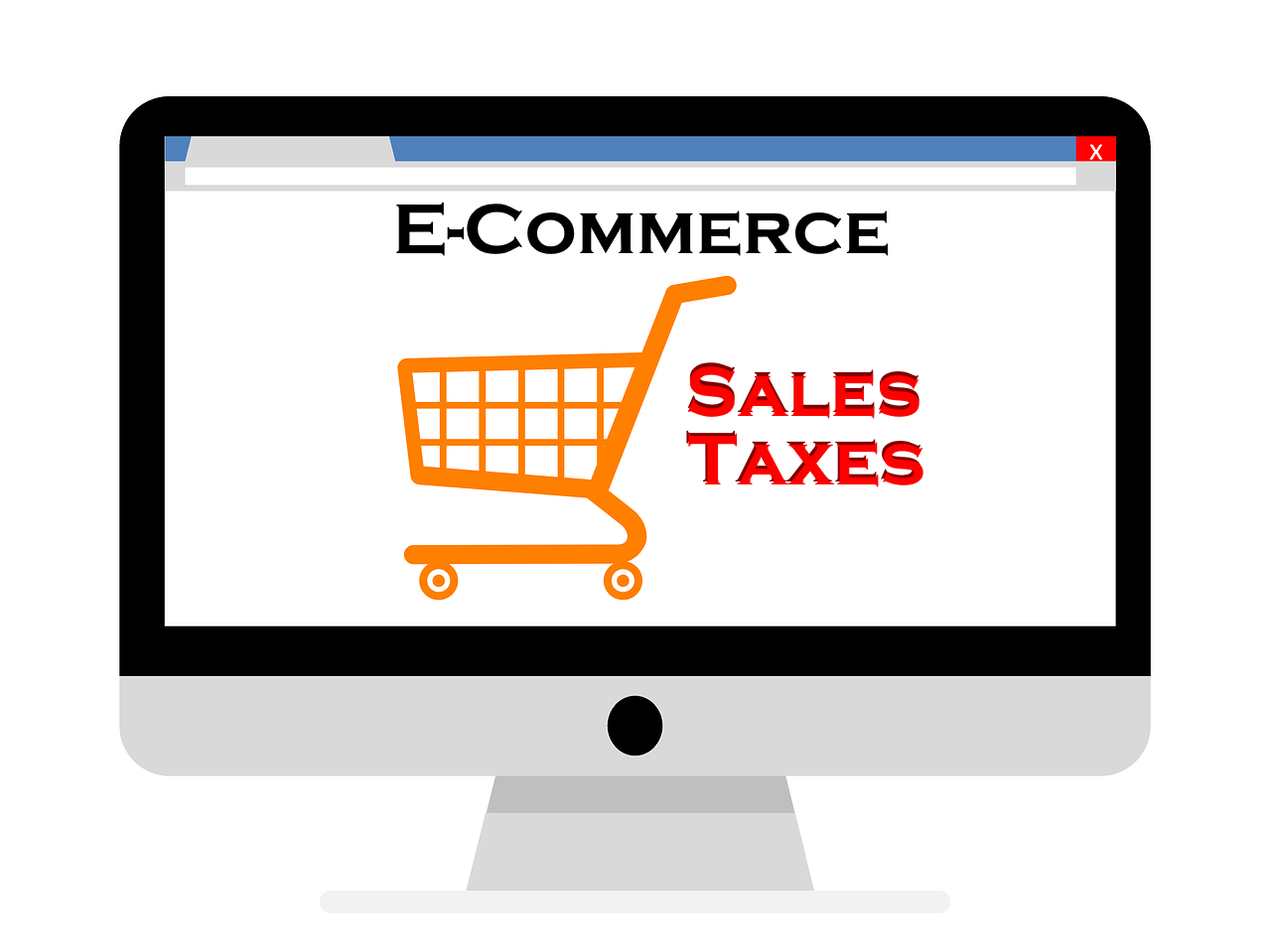A tsunami of trouble is on the way for millions of businesses, and most don’t know it’s coming.
As we hit the 3-year anniversary of Wayfair, the Supreme Court ruling that forever changed sales taxes, a new survey shows that millions of small businesses in the U.S. aren’t complying with state sales tax laws.
According to the 2021 Accountants Confidence Report, which was commissioned by CPA Trendlines and Avalara, accounting and tax pros are confident that only a little more than 2% of their business clients are fully compliant with interstate tax issues. While 51.4% think their clients are compliant with “some” or “most” sale tax reporting requirements, that is hardly consolation. Imagine if your business clients were only halfway in compliance with their income tax reporting.
One of the greatest challenges for these businesses is that, unlike income taxes, they are mostly going it alone on interstate sales tax reporting. This is because even most tax advisors are under-informed and unequipped to help their clients because of the complexity and diversity of reporting requirements to the various states.
As a result of the Wayfair ruling, businesses selling sales-taxed products to customers in any state can be required to collect and remit sales taxes to that state. That means a company in Oklahoma selling auto parts to a customer in South Dakota has to report to South Dakota. And a clothing retailer in Washington state has to report their sales to Florida customers and remit the taxes to Florida. Compounding the complexity, each state sets its own rules on what is taxable, what rate it is taxed at, and how much sales it takes to require sales tax reporting.
As the world emerges from the COVID-19 shutdowns, these new reporting obligations are going to be a shock to U.S. businesses trying to rebound their sales. And not only U.S. businesses face these requirements: Any business, domestic or international, selling into the various states are required to be in compliance. During the pandemic, many businesses moved into, or expanded, their online sales, which further increases their risk of non-compliance.
While businesses of all sizes face this risk, smaller entities with no guidance may have the most exposure, according to Sona Akmakjian, head of global accounting partnerships for Avalara.
“A lack of knowledge and the diversity of state tax rules and thresholds, is making it very difficult for businesses to be in compliance,” she said. “Most don’t know if they are in compliance or don’t know the risks of non-compliance. And without guidance from a professional, they don’t know how to become compliant.”
Tax Professionals Need to Fill the Gap
Most small businesses know that they have income tax reporting requirements and turn to their financial advisors for assistance. But most tax and accounting firms have traditionally avoided sales tax compliance services. The survey shows that only a little more than 5% provide all sales tax compliance services for their clients. So firms need to get more involved so they can proactively guide their clients back into compliance. This means a new service offering for firms, with a resulting new revenue channel.
New cloud technologies are making this more achievable for firms and more profitable, including tools that help automate the process of determining which clients need to file in which states, and then determining sales tax rates, rules, deadlines and thresholds.
The survey also showed that business advisors are starting to realize the impact of Wayfair on their own practices, with 55% saying that firm technology and workflows must be adapted to be more virtual and online. And 41% said they need more cloud-based software to help them provide these compliance services to their clients.
Other Survey Findings
Accounting professionals have confidence that their own clients, their firm, and their personal finances will improve over the next 12-18 months, but are pessimistic on the outlook overall for small businesses and the U.S. economy in the same period.
Overall, the survey showed that 56.3% of professionals believe that the outlook for U.S. small businesses in the next 12-18 months will get much worse, somewhat worse or remain the same. But when asked about the outlook for their own small business clients, more than 52% believe their situation will get somewhat or much better.
- 52% think it is more important than ever to keep up with cloud technologies
- 45% say clients need to be flexible and innovative
- 39% say a transition to more online sales is critical
When nearly 98% of accountants think the majority of their small business clients are in some degree of non-compliance with sales tax rules, it’s way past time to act.
“Companies and firms have the same challenge,” said Akmakjian. “What technologies can I leverage to be more efficient, whether as a small business or as an accountant providing business services and guidance to those businesses?”
The answer is cloud-based technologies that simplify and automate the management of the entire sales tax process, so that accounting firms can knowledgeably guide their clients through compliance.
Thanks for reading CPA Practice Advisor!
Subscribe Already registered? Log In
Need more information? Read the FAQs
Tags: Sales Tax




